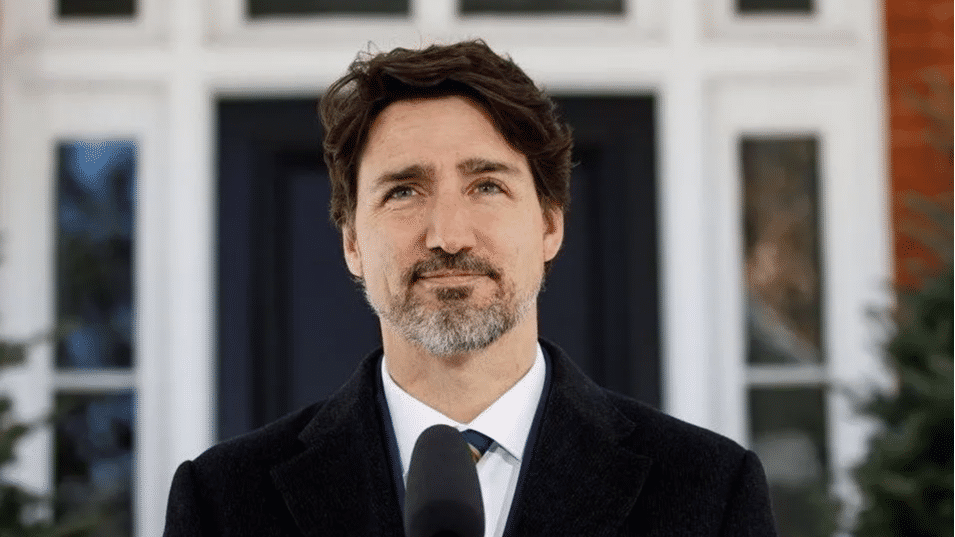Prime Minister Justin Trudeau said Friday he looked forward to a renewed bilateral friendship and strong collaboration on the climate fight with US despite President Joe Biden’s scrapping of an oil pipeline important to Canada.
“Obviously the (president’s) decision on Keystone XL is a very difficult one for workers in Alberta and Saskatchewan who’ve had many difficult hits over the past years,” Trudeau told a news conference.
“I will express my concern for jobs and livelihoods in Canada, particularly in the West, directly in my conversation with President Biden,” he added.
Biden’s first call to a foreign leader will be Trudeau, scheduled for this afternoon.
White House spokeswoman Jen Psaki said Biden also would call Mexican President Andres Manuel Lopez Obrador on Friday after speaking with Trudeau.
The three countries form the United States-Mexico-Canada Agreement, which replaced the North American Free Trade Agreement (NAFTA) and binds nearly half a billion consumers in a single market that comprises about 27% of global GDP, in a region where trade hit $1.2 trillion in 2019, though that was before the coronavirus pandemic hit.
Trudeau added that the new US administration represents an opportunity to turn the page on a challenging relationship with the US under Trump, who once labelled Trudeau as “dishonest” and “meek.”
“We are truly beginning a new era of friendship,” he said.
“We have so much alignment, not just me and President Biden, but Canadians and President Biden,” Trudeau commented, citing as examples combating climate change and the spread of COVID-19 illnesses.
“It’s not always going to be a perfect alignment with the United States,” he said. “That’s the case with any given president.”
But he said that he and Biden are “much more aligned on values” than most leaders.
Upon taking office on Wednesday, Biden rescinded a permit for the Keystone XL pipeline via executive order, blocking completion of the project started almost a decade ago.
The 1,210-mile (1,947-kilometer) pipeline, starting in 2023, was to transport up to 830,000 barrels of oil per day from the Alberta oil sands to Nebraska and then through an existing system to refineries in coastal Texas.
Trudeau had said it was “an important project for us,” citing continental energy security and jobs, and reacted with disappointment over its cancellation.






